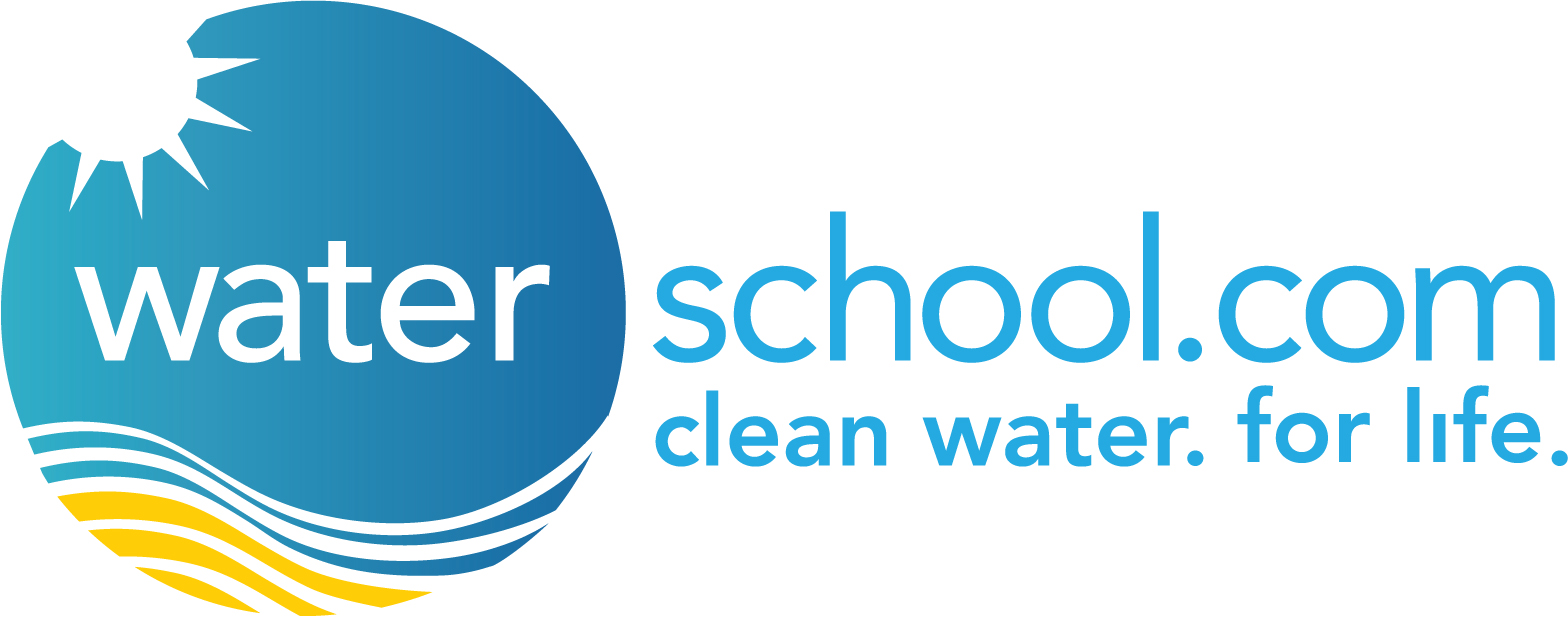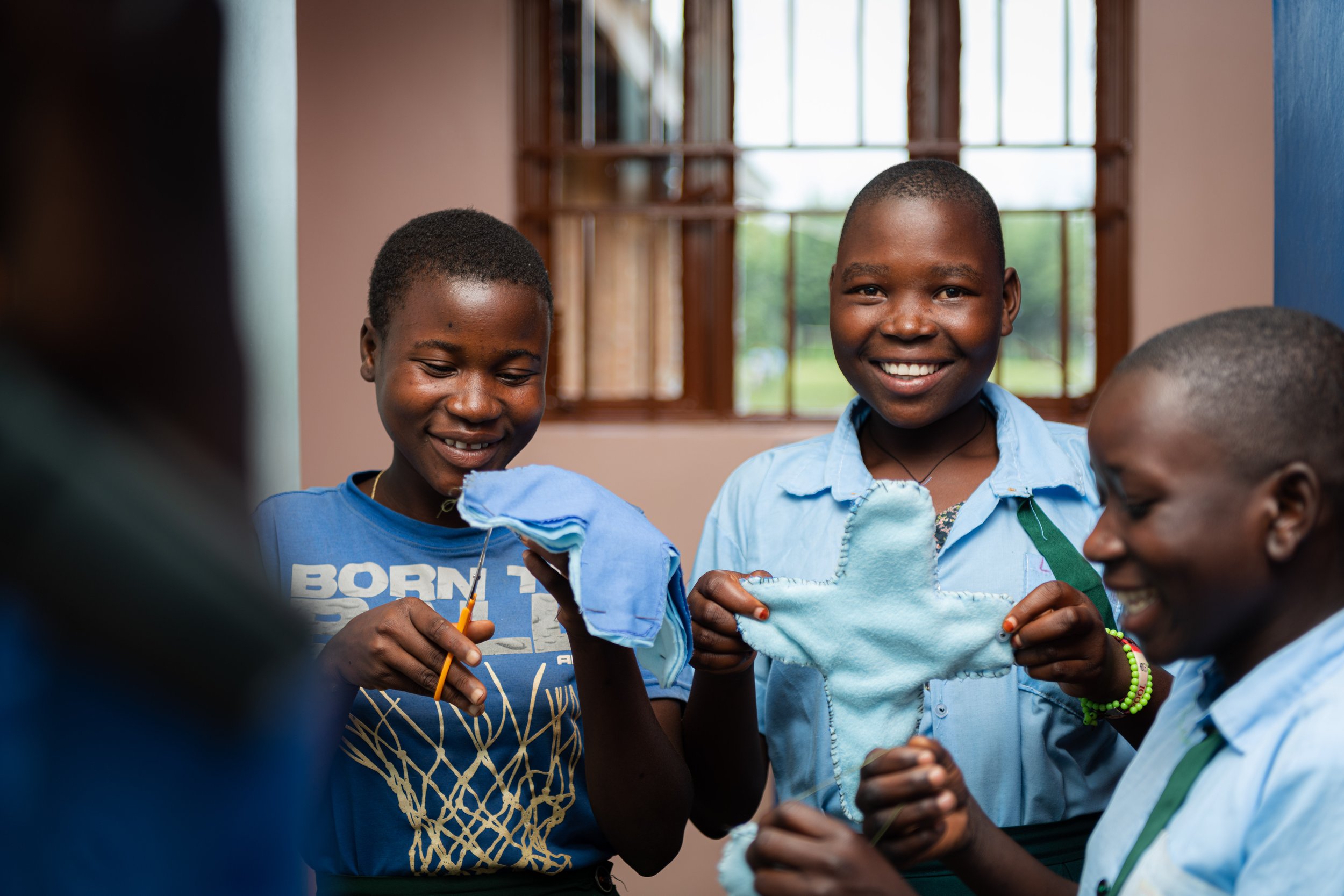At WaterSchool, we transform communities entrenched in poverty by investing in access to clean water and habits for health.
Through simple, inexpensive and sustainable solutions, we empower communities to lift themselves out of poverty.
WaterSchool’s grassroots approach first equips communities to access safe, clean drinking water for all. Beyond water access, we transforms communities by addressing all components of health — from daily habits and community infrastructure to education and economics.
This is how we’re approaching community transformation in Uganda.
Clean water through Solar Disinfection
Solar Disinfection - otherwise known as SODIS - is a simple and sustainable water purification technique that harnesses the sun’s UV rays. By filling up a plastic bottle with dirty water and leaving it in direct sunlight for a day (or under cloudy skies for two days), the SODIS method destroys 99.9% of bacteria and pathogens.
Simply put, SODIS turns contaminated water into clean drinking water for free.
“We used to drink water straight from a swamp down the way - it was our only option. Because of SODIS, we no longer have to drink contaminated water. Our lives have changed so much - it is hard to believe!”
Rainwater Collection Tanks
Rainwater Collection Tanks harness the power of Uganda’s rainy seasons by collecting between 6,000 to 10,000 litres of clean, safe water.
Tanks serve multiple families or larger institutions like schools and health clinics. For the people who access the tanks, having clean water within steps of their front door means they are less likely to contract waterborne illnesses and have more time to invest in their children, attend school, focus on their business and lift themselves out of poverty.
Household Infrastructure
Community members learn to build safe, private latrines at home and how to effectively clean up waste in and around their homes and schools.
They also build Tippy Taps: hand-washing stations built from a plastic jerry can and sticks.
We have seen that providing communities with basic sanitation techniques and resources can increase school attendance by over 23% because kids aren't out sick or missing school to walk for water.
Habits for Health
We go back to the basics and provide training in hand-washing, how to clean food before consumption, and more.
We know that when people have access to clean water and are staying healthy because of their hygiene practices, they have more time and money to invest in small businesses, farming and other activities that drive their economies forward.
“Because of my family’s rainwater collection tank, I’m not spending my time collecting water. Instead, I have started a poultry farm and beekeeping business.”
Composting and Safe Latrines
We work with communities to create garbage and compost pits as well as help build and promote the use of latrines with doors for privacy, and a hole cover to prevent flies from contaminating food and making people sick.
This contamination can be prevented with the use of a latrine with a tight fitting cover - like a SaTo Pan.
High Efficiency Cookstoves
We train families on how to build and maintain energy efficient cooking stoves in their homes. These stoves replace open fires that would burn in the middle of a small hut.
High efficient cooking stoves help girls’ and women’s health by drastically improving indoor air quality in the kitchen by venting the smoke outside the hut. In addition they are more environmentally sensitive as they burn about 80% less wood than a traditional open cooking fire.
“Dysentery wards have been shut down in the communities our team works in because people are no longer sick from waterborne illnesses. This clear, tangible change is what keeps the WaterSchool team inspired.”
Education Equality
Girls most commonly dropout of school after Grade 6 because there aren’t private latrines where they can relieve themselves safely or manage their menstrual cycle.
When girls drop out of school early, often they become married too young. By providing schools with inexpensive infrastructure for safe sanitation and offering training for healthy hygiene practices, we can support girls and women in pursuing their education.
Education for every girl
Adolescent girls often become mothers before they even have a chance to understand their bodies. Girls receive little to no sex education in Uganda, which leaves them vulnerable to deceptions or bribery from older men who take advantage of them.
WaterSchool provides young mothers and vulnerable girls with the support and advocacy they need to complete their education or vocational training, so that they can secure a better future for themselves, their child and their community.
Jumpstarting Economies
Overall health and well-being are rooted in access to basics—including the opportunity for economic development.
We teach communities how to set up Village Savings & Loan (VSLA) programs, supporting communities to develop their own local economy. Loans back from the VSLAs provide start-up capital for small businesses like rearing chickens, goats and pigs.
The WaterSchool approach is a proven, effective way to combat waterborne illnesses, save young children’s lives and dramatically improve the health and future of families in rural communities.
Join us in advancing the health and wellbeing of the most vulnerable Ugandan families and communities today.










